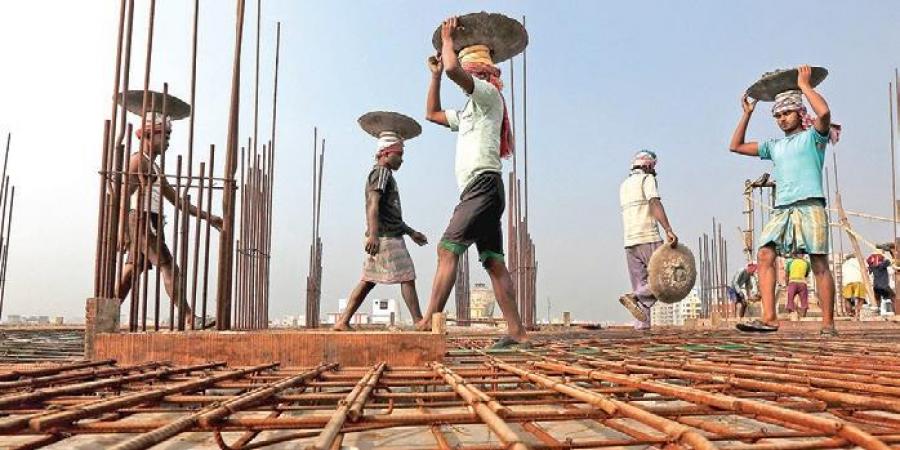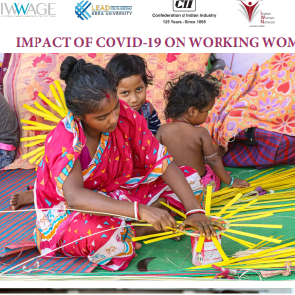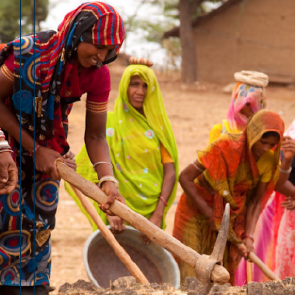iwwage_admin
Impact of Covid-19 On Working Women
The Indian economy has been plunged into severe economic uncertainties created by the global pandemic COVID-19. At the same time, there are also discussions on how the eruption, the spread and the aftermath of the novel virus will affect women. The numbers of women at work, their sustenance at the workplace, their pay, their career graph was already a matter of grave concern and a much-discussed global issue. Now, in light of the COVID-19 scenario, the following questions become imperative to address: Are we foreseeing worse days ahead? What has been the impact of COVID-19 on working women, both in urban and rural areas? Which are the sectors where women have become dispensable? How do we ensure that women are not further marginalised in these unprecedented times? To answer these questions, one must start by analysing the data and underlying trends of women’s employment in India, including in sectors where they tend to be employed. We also need to scrutinise the long run repercussions the economic fallout of the pandemic will have on gender equality, both during different phases of the lockdown and thereafter. This note attempts to deliberate upon the aforesaid issues and reflects on some measures that can help bring about recovery and resilience for women.
Making a Gender Responsive Urban Employment Guarantee Scheme
The pandemic and subsequent lockdown measures in India have taken a toll on all aspects of life, particularly on livelihoods. While job losses have been observed in both rural and urban sectors, recent figures show that there has been an increase in creation of non-salaried jobs in rural areas, but generation of wage employment in the urban sector has remained a challenge. Over 21 million salaried jobs have been lost in India (out of a base of 86 million overall salaried jobs) between April and August 2020. This evidence points to the fact that urban livelihoods have taken a huge hit due to the COVID-19 crisis, and the ability of the urban sector to create new jobs to compensate for these losses is currently under a cloud. Women have been disproportionately affected by job losses. A recent report tracking the pandemic’s influence on informal work in India suggests that more women were out of work post-lockdown compared to men. Given the largely positive effects of MGNREGA on women workers, many policy experts have recommended designing and implementing an urban employment guarantee programme to alleviate the problems faced especially by urban women workers, particularly those in the informal economy. Recognising such a need for support in urban areas, various state governments have stepped in with their own urban employment guarantee schemes. The details of these schemes are provided in the brief.

























































